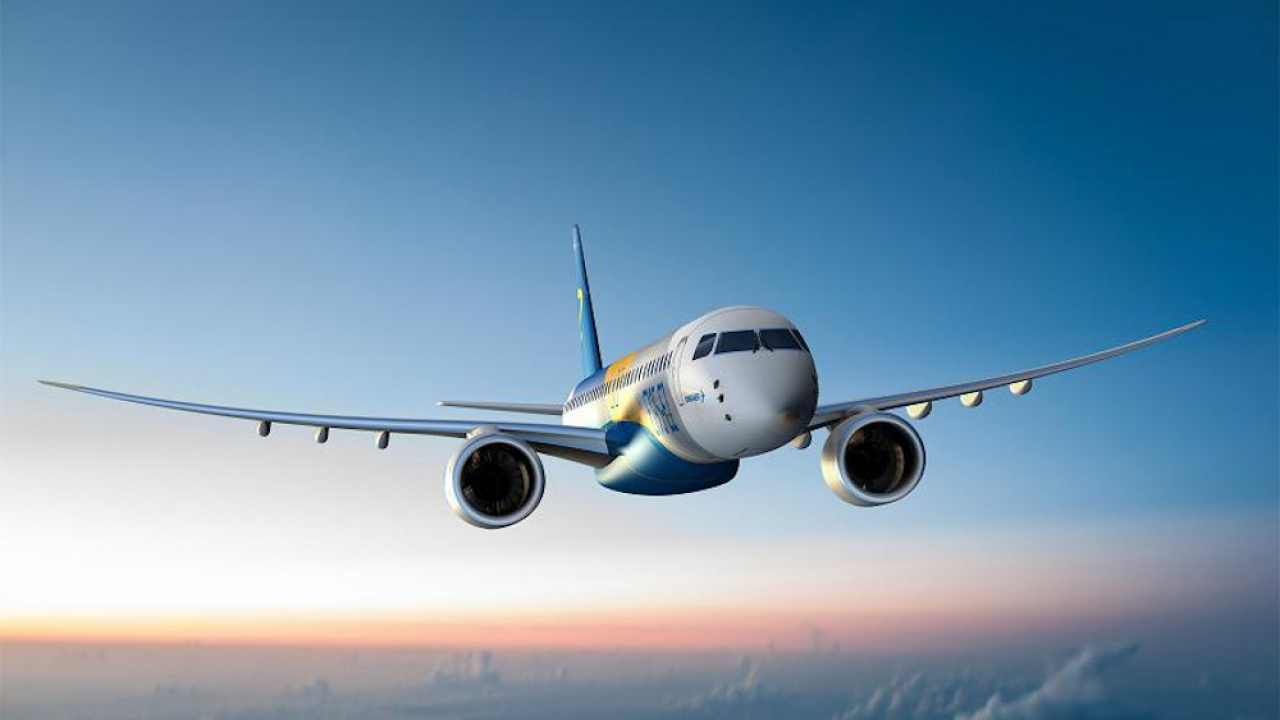Boeing says Middle East provides great aircraft investment opportunities

John Matthews, managing director for the Middle East and Africa at Boeing Capital Corp. - the aircraft manufacturer’s customer financing unit - said: “Air travel in the Middle East continues to grow, although more slowly than it has in the past. In fact, the region was the only part of the world to see passenger traffic growth during the current downturn. This is clearly a positive sign at a time when the industry is generally contracting.”
Matthews was host for Boeing’s fifth annual Financiers and Investors Conference for the Middle East and Africa region, held in Dubai. The company presented its view of current global aircraft financing market conditions and provided updates on its commercial airplane programmes, including the new 787 Dreamliner.
Boeing noted that current market conditions create better opportunities for aircraft investment, as there is less competition in the aircraft financing marketplace.
Matthews said: “There are great opportunities available for people with capital who are willing to invest. Financiers willing to take advantage of the short-term market dislocations with a view toward creating a long-term aircraft portfolio should find themselves generously rewarded, as aircraft remain a great asset.”
Boeing also reported - based on experience to date - that it accurately forecasted global aircraft financing resources would be adequate to support 2009 deliveries.
Matthews said: “Predictions that there would be a financing gap of tens of billions of dollars to be filled by manufacturers have not come to pass and market conditions remain manageable.”
Below: John Matthews, managing director for the Middle East and Africa at Boeing Capital Corp.
Boeing estimated that it would only need to provide approximately US$1 billion in customer financing this year, and it currently expects to be below that figure.
Boeing’s latest market outlook reports airline industry growth in the Middle East is expected to continue over the next 20 years. The 2009 outlook valued the Middle East market at US$300 billion over the next two decades, which translates into an expected need for 1,710 commercial jets.
Middle East airlines also have benefitted greatly from the export credit resources of the Export-Import Bank of the US. The Bank, mostly through loan guarantees backed by U.S. government credit, provides overseas airlines buying U.S jetliners an attractive financing alternative, particularly during periods of commercial market disruption like those currently. As an example, Ex-Im recently authorised its first support in 25 years to Egypt’s flag carrier, EgyptAir, for the financing of Boeing 737s.
Keynote speaker and Ex-Im Bank vice president for the transportation division, Robert Morin told the financiers: "Export-Import Bank has been a very significant financier of US exports in the Middle East and Africa, including numerous Boeing deliveries. We are pleased to see the continued growth in these regions and happy to assist Boeing in its efforts to expand the markets for aircraft financing."
Through its annual financiers’ conference and ongoing regional financiers’ roundtable meetings, Boeing Capital actively encourages the Middle East’s emergence as an increasingly important source for aircraft financing. Boeing also believes that aircraft are ideal for Islamic financing since a fundamental criterion is that such investments be asset based. The company continues to focus on seeing if aircraft financing can be included in the Islamic Sukuk, or bond, market.
This year’s financiers’ event this year attracted over 80 invited guests, three times the size of Boeing’s first one in 2005.
A wholly owned Boeing subsidiary, Boeing Capital Corp. (BCC) creates financing solutions for customers purchasing the company’s commercial airplane and defence products. As the company’s investment bankers, it works closely with third-party financing sources that provide nearly all of the financing support required by Boeing customers. BCC also manages the company’s US$6.3 billion portfolio of approximately 330 aircraft, many of them newer, fuel efficient jetliners.
Stay up to date
Subscribe to the free Times Aerospace newsletter and receive the latest content every week. We'll never share your email address.

